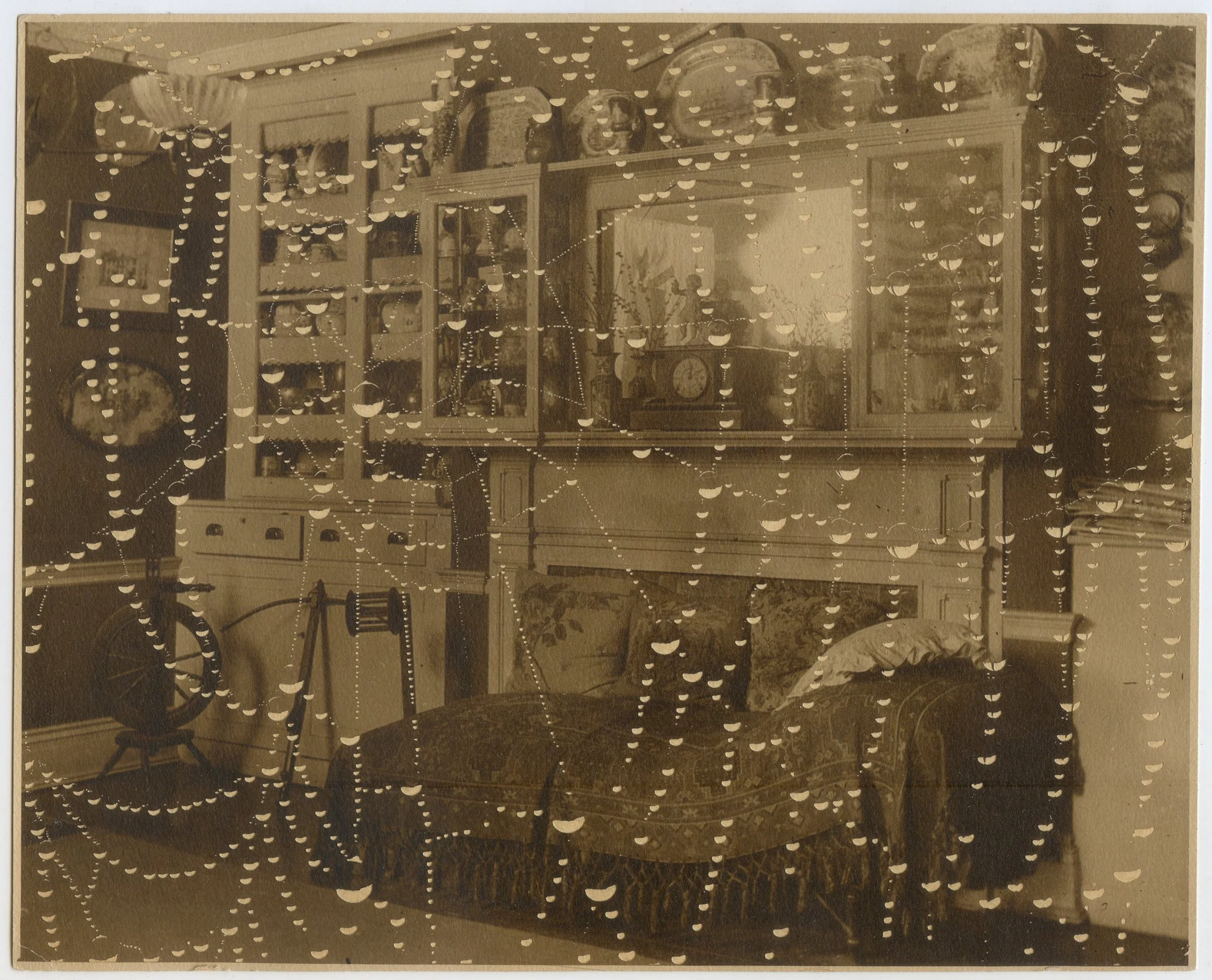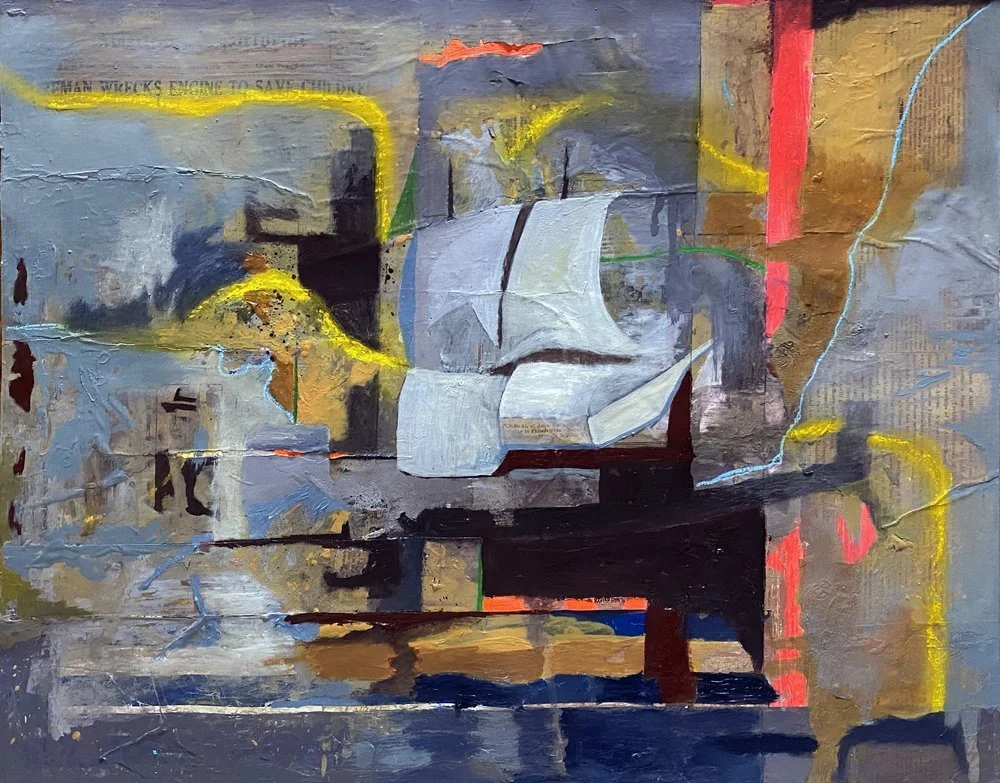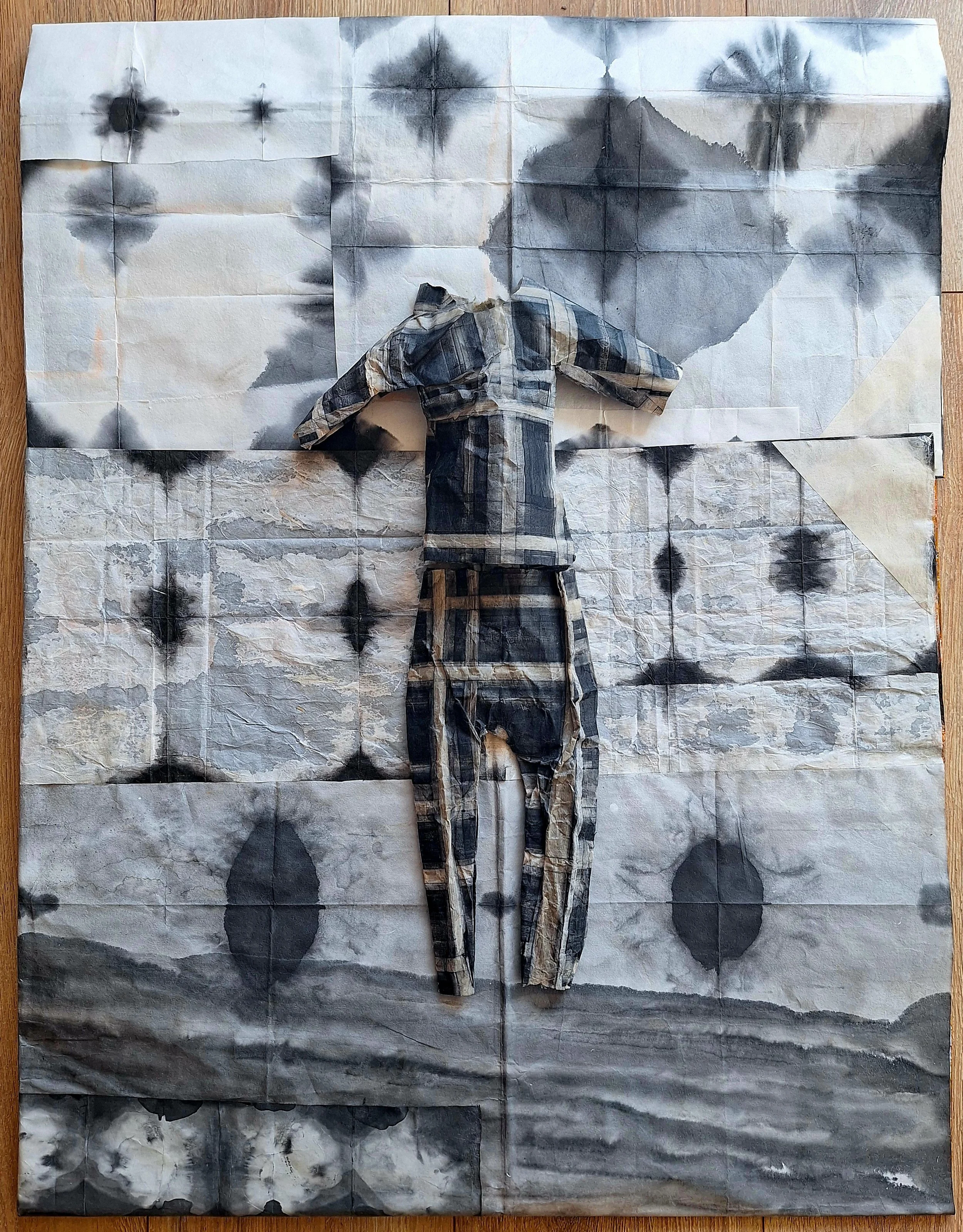Winners of the 9th Singapore Poetry Contest
We’re very pleased to announce the results of the 9th annual Singapore Poetry Contest. In conjunction with our Gaudy Boy launch of Jim Pascual Agustin’s prizewinning book of poems Waking Up to the Pattern Left by a Snail Overnight, this year’s contest looked for poems that used the word “snail” in imaginative ways. Poems should also possess overall excellence, of course. Open to all, the contest was judged by Jim Pascual Agustin. Winners receive a cash prize and publication in SUSPECT.
We received a total of 600 poems, a huge jump from last year’s 245 poems. The entries came from 40 countries from around the world, another big increase from last year’s 27 countries. The United States lead with 109 poems (CA 21, VA 12, NY 11, TX 8, MA 7, OR 7, PA 5, AZ 4, FL 4, WI 4, AL 3, MN 3, NC 2, NJ 2, OH 2, OK 2, UT 2, GA 1, HI 1, ID 1, IL 1, MI 1, NH 1, PR 1, SC 1, WA 1, WV 1), followed by Singapore 95, the Philippines 83, Nigeria 54, India 48, the United Kingdom 26, Indonesia 16, South Africa 14, Canada 10, Malaysia 10, Australia 6, Romania 6, China 5, Ghana 5, Japan 5, Pakistan 4, Uganda 4, Israel 3, Norway 3, Tanzania 3, Austria 2, Bangladesh 2, France 2, Trinidad and Tobago 2, Brazil 1, Bulgaria 1, Croatia 1, Ethiopia 1, Finland 1, Germany 1, Ireland 1, Kenya 1, Monaco 1, New Zealand 1, Poland 1, Qatar 1, Turkey 1, United Arab Emirates 1, and Zimbabwe 1 (unknown countries 56).
First Prize (USD300) goes to “Love Letter from the Garden to the Wild,” by Bella Stoddart.
Second Prize (USD200) goes to “Killer Snail Sky,” by Tytti Heikkinen.
Third Prize (USD100) goes to “Boring Magdalene,” by Hanna Stone.
Congratulations to the winners! Enjoy their poems and the judge’s comments below. The Singapore Poetry Contest will return in 2024.
First Prize
Love Letter from the Garden to the Wild
By Bella Stoddart
1. No other symmetry could suffice. Though I sweat and heave and break in the night. I recline into what I have learned to call my body. Slow, you cook eggs and rice, and I wake up to my life. I am afraid one day, I won’t. I know we are not supposed to need each other.
2. You write me letters from where you come from. Sitting on a toadstool, I trace my fingers over ink to understand your meaning. I sniff your mantle and drift. Tomorrow, I will bring you flowers when you come home. You like the caracallas that remind you of my waist. A long journey from the door to the mailbox.
3. We lie stacked like a pair of books, I am archiving this moment. I try to forget to remember you will live much shorter than me. Maybe one day a man will swallow you whole, and you will call this freedom. I do not have the backbone to tell you that I don’t want to see you under one of his shoes.
4. Five years after your passing, I inch to flip the page, I spiral. Without light, I haven’t changed the sheets. Your drool. Your gift without giving. Music from your mouth that collected into a pool.
5. I see a butterfly with your eyes. The freckles on your back sprinkle on her shoulder. She sits on top of me. I refrain from moulding her into what I knew. I know she is defined by leaving, and I will have to make do.
6. You are more handprint than you are a whole lifetime. You are more shadow than you are the light passing through. You are more wild than you are garden. I decide I will be both, if not for me, then for you.
7. The road to the ocean is full of fear, dark and dim. But I find your old world for me to live in. Strawberry ice cream cones on the sidewalk as the sun grows limp. Your favourite song is playing on 6 strings and a body of wood, the kind I have seen in my neighbourhood.
8. Maple, I think to myself. A shoebox apartment for us, I think to myself.
9. This is it, isn’t it?
10. It’s here. It’s real. Your letter spoke about that shade of blue. I see the earth split in two over the line of the shore. I see what I think is your body on mine. I still see the old world I will leave behind.
Judge’s Comment: This prose poem in the form of a love letter that is also a farewell is achingly beautiful in its detailed and haunting imagery. Each numbered paragraph is like a puzzle piece of a mystery about a unique connection. There are many subtle references to "snail" - a type of flower, a brief and crushable life, an ice cream cone on the sidewalk. I cannot stop marvelling at the language and the devastating sadness made bearable by the beauty of the entire poem. One reading is not enough. The poem draws you back in as soon as it ends, and you end up reading it almost in hypnotic spirals.
Bella Stoddart is a writer born and raised in Singapore. Her works are driven by the catharsis of poetry as well as the honesty of non-fiction and spoken word. She currently studies English (with a second major in Public Policy and Global Affairs) in Nanyang Technological University.
Second Prize
Killer Snail Sky
By Tytti Heikkinen
While Saudi Arabia was building skyscrapers
like a maniac, because everyone wants love
on an epic scale,
behind the blinds of the oldest hotel
the light is sliced and the pulse is ticking,
and you look at me like an ancient human
just a moment before
inventing fire.
In the fall, the wind is howling in the pipes.
What is this, it asks,
in the light of our future failures, what is this?
The woman has left things untold,
the man is full of seemingly harmless symptoms
ready to hit the road.
We know we should already take this garbage away,
the whole ministry of pity,
but you are married to me,
and I am married to you
and the ultimate sense of togetherness welds us
like a tongue to a frozen swing
and that is the structure of the skyscrapers
in the first-floor apartment.
In the country house, I lie in a king-
sized bed, fingering
the lines of the silver-plate wedding frame, wondering
about the apparent difficulty of joined seams.
I still remember fragments
from our first-floor apartment.
For the lack of a better word,
let us call it love
at the edge of the forest,
where the killer snails push their genitals out,
twisting them like self-illuminating
corkscrews around each other.
On the other side of the house,
farmer boys kick up dirt with their beat-up rally cars,
which make ever-widening circles on the field,
while the boyish urges grow ever more direct.
Dirt is everywhere. It covers the moving
boxes and tied-up furniture. As cruel as ever,
we write our separated addresses on it,
since dust would never settle between us,
but when the wind rises, it flakes away, still reflecting
two hunters of the palest sun
in a haboob, behind the blinds,
and I could never deny
a sick man’s last will.
Hours later, a silent departure
so that conscience would not wake up.
The sky is scraped with glowing trails,
the hot, humid exhaust
of jets that keep going to Saudi Arabia and places.
Skydivers are spiralling down
in a nitrogen hangover,
thinking they survived,
but the killer snails come to eat them too,
as they eat everything dead
or alive, and after there’s nothing
else to eat, they eat each other,
because they are not only killers,
they are cannibals. For the lack of a better word,
let us call that surviving.
On the abandoned field,
the wind blows messages all over the place.
I’m still breathing
on Earth whose core stopped spinning
due to metal fatigue,
and there’s nothing we could have done to it
because it was never us.
It was an Earth thing,
the phantom pain threatens to swallow.
[Tytti’s audio recording]
Judge’s Comment: The opening lines and the horror B-movie title don't fully let you predict where this poem is headed. And what a journey it takes you, from love and seemingly familiar moments to a world not just on the verge of destruction. Images of snails appear in various forms: killer ones that contort themselves as they mate, as ever-widening circles on the field, as swirling dust storms that annihilate what lies on their paths, and in the spiralling sky divers about to be devoured by monsters. This is a fantastic poem that terrifies as well as mystifies in the same breath.
Tytti Heikkinen has published three poetry books in Finland and a translation collection The Warmth of the Taxidermied Animal (Action Books, 2013) in the USA. Her writings have appeared in various magazines in Europe and Northern America, including Siècle 21 Littérature & Société, Precipice, The Offing, The Columbia Granger's World of Poetry, and Poetry Magazine.
Third Prize
Boring Magdalene
By Hanna Stone
I come into being in a big lapse of sound. Heavy, like god
and smiling.
Seven white canines protruding from pink gums.
A ripe sore, growing up and inward,
into my wrongness. All but two of my teeth are taken,
and with them, I bite my tongue from the outrage of it all,
drinking iron like water. I am only ever full of blood.
(My creator comes to me at night,
white sheet draped over her head and body,
an old knife in her good, righteous hand.
She is not yet so formless as to be able to walk through walls.
Please do not embarrass me, she says through the fabric.
Her voice is kind, and the threat is old.)
I am always awake, and I am the digestible girl.
I wrap my fingers around nothing
until it bruises like a hit. Evidence.
Benediction! Come and see. I am a perfect snail,
ripe for the sidewalk. The rest of my life looms like a good foot
and the dumb lock of a door. Tomes upon tomes of my testimony,
written in sand. And when the wind steals it back, well then, Jerusalem.
Just take my word for it.
Judge’s Comment: This poem is anything but boring. It initially makes you think you have it all figured out, but then it comes at you with images more disturbing than biblical. It is a retelling of a story no one really knows, only guessed at or made up, depending on the source or the teller. And from that fountain of uncertainty something different is drawn with such deft imagination that one feels more than just challenged, but converted. That one mention of snail - "I am a perfect snail,/ ripe for the sidewalk" - is quite an image to describe oneself, one who will be repeatedly abused in the various stories told by others about her. There is a tenacity of spirit in the voice that is so convincing, you feel the last few lines like a blade of defiance.
Hanna Stone (she/they) was born and raised in Singapore. She divides her time between her work as a clinic assistant and studying for a degree in Aquaculture Science. “Boring Magdalene” is her first published poem.
Thumbnail photo by Joan Santillan Amurao.
If you’ve enjoyed reading this article, please consider making a donation. Your donation goes towards paying our contributors and a modest stipend to our editors. Singapore Unbound is powered by volunteers, and we depend on individual supporters. To maintain our independence, we do not seek or accept direct funding from any government.












“Like the man who wears a vest saying negotiator in a hostage situation, I want one that says prioritizer.” Three poems by Satya Dash.